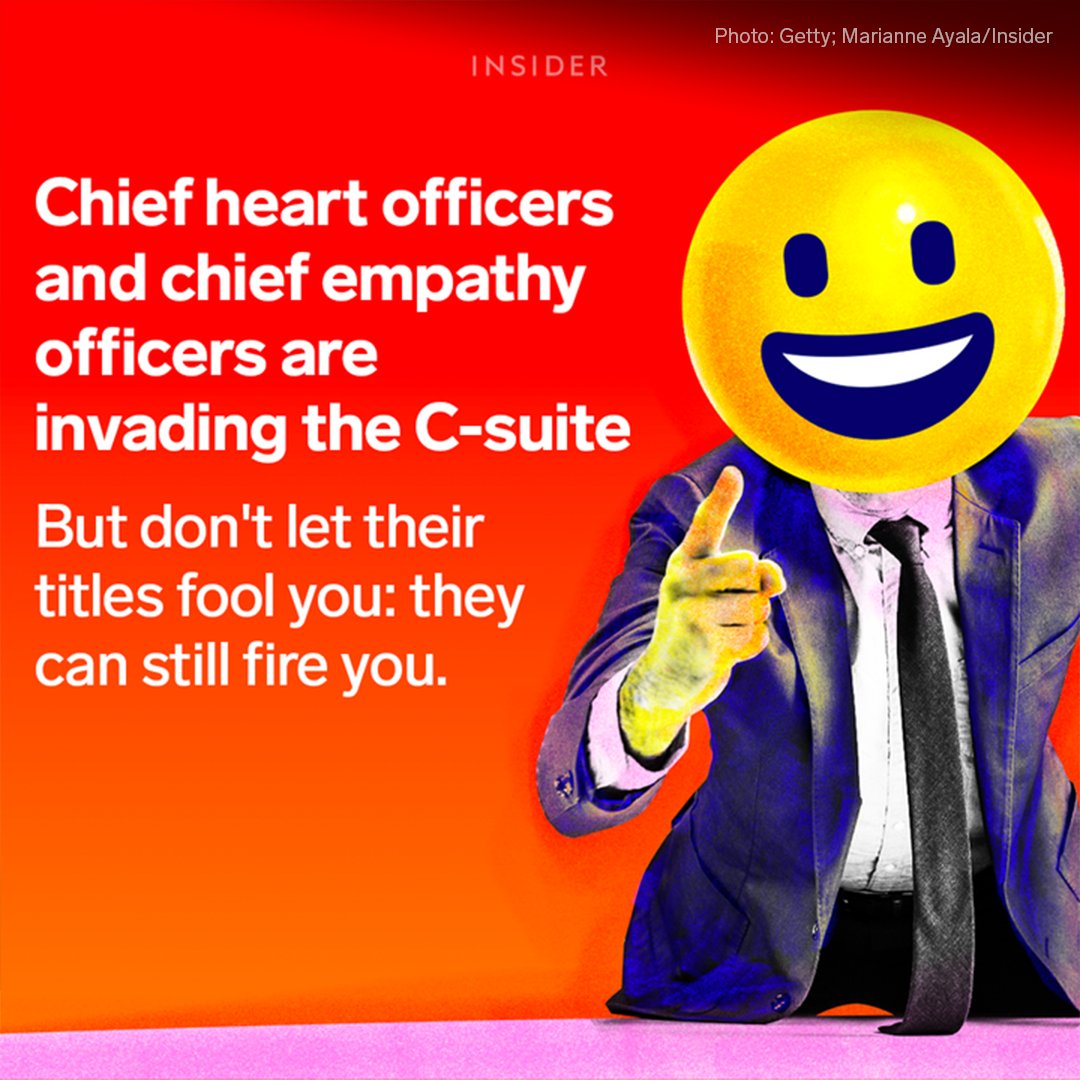Businesses like Nasser Abd El-Baset's nearly disappeared when the Egyptian government banned fez hats in the 1950s.
Today, Nasser is one of the only fez makers left in Cairo. So how is his 130-year-old business still standing?👇
Today, Nasser is one of the only fez makers left in Cairo. So how is his 130-year-old business still standing?👇
The first step in making a fez is to build the structure of the hat. Nasser uses woven straw to craft the base.
To get the right fez shape, Nasser uses copper molds that are more than six centuries old.
He said they once tried to make new machines but couldn't find any factories that still manufacture the right parts.
He said they once tried to make new machines but couldn't find any factories that still manufacture the right parts.
Next, it's time to shape the signature red felt. Nasser said it takes him five minutes to shape a fez based on the shape of someone's head.


The fez was once much much more widespread. It was a defining symbol of the entire Ottoman Empire.
Sultan Mahmud II wanted to modernize society by phasing out the turban and requiring all Ottoman men to wear the fez instead.
Sultan Mahmud II wanted to modernize society by phasing out the turban and requiring all Ottoman men to wear the fez instead.
But by the time the Ottoman Empire fell in 1922, the fez was considered old-fashioned. And by 1925, wearing a fez was punishable.
Most Egyptians, though, still embraced fez styles well into the 1950s. That's until Egyptian President Gamal Abdel Nasser banned them in 1958 after leading the revolution.


Today, it's just Nasser and his son running the shop. They can make up to 100 fezzes in a day, but usually, orders are well under that.
Still, Nasser is preserving a craft that not many wanted to continue.
Still, Nasser is preserving a craft that not many wanted to continue.
• • •
Missing some Tweet in this thread? You can try to
force a refresh










